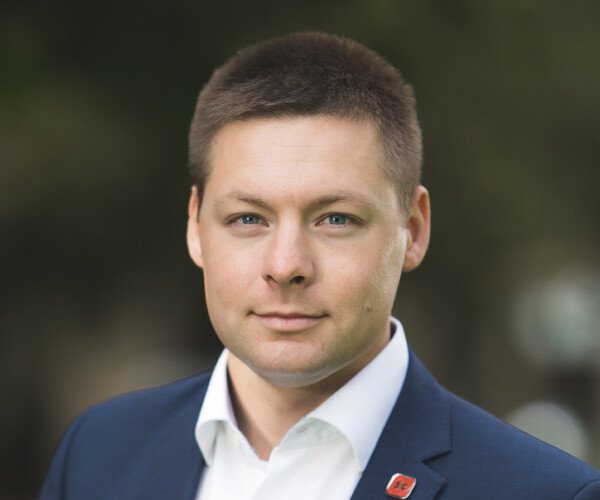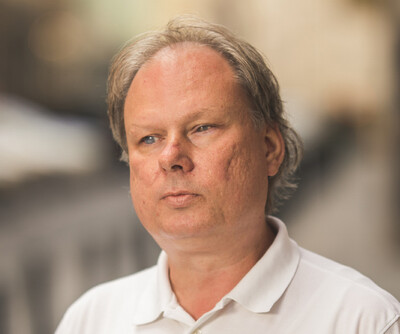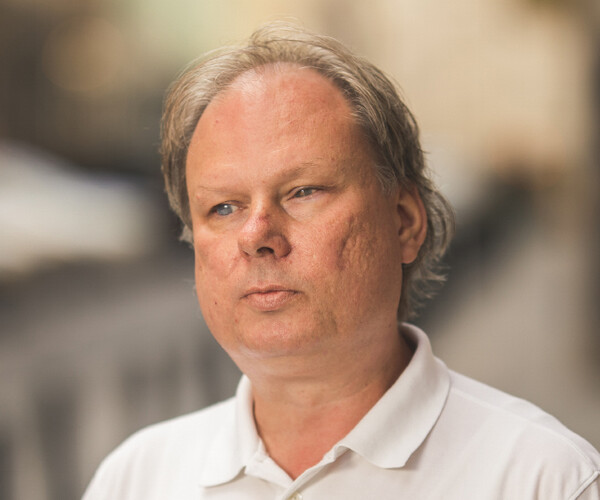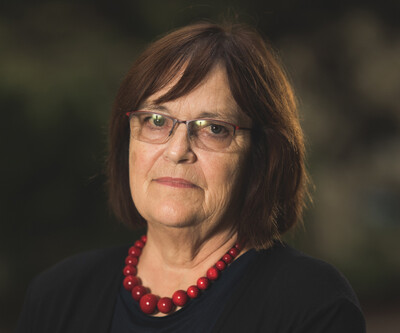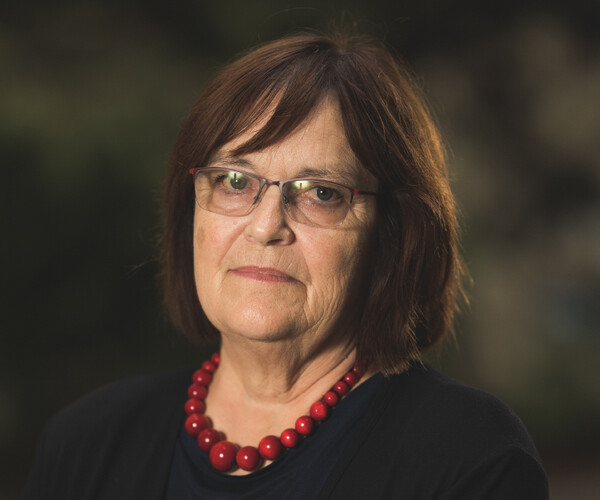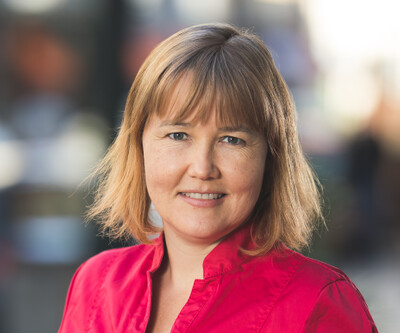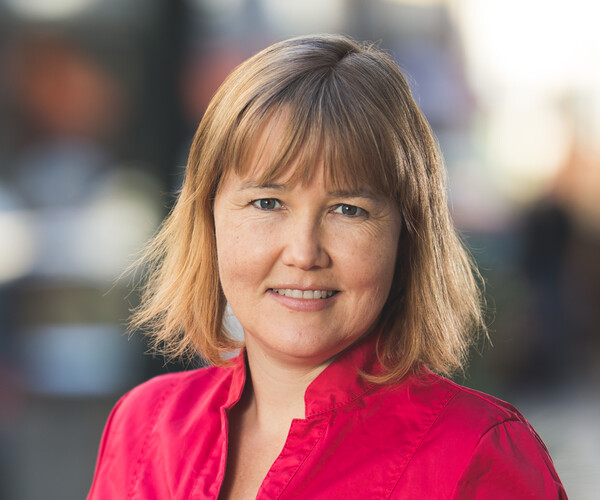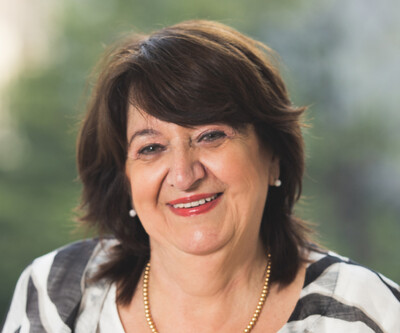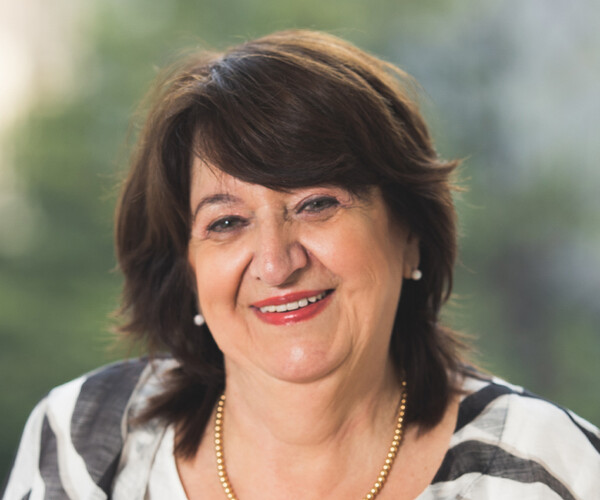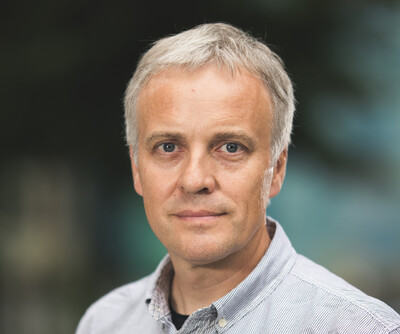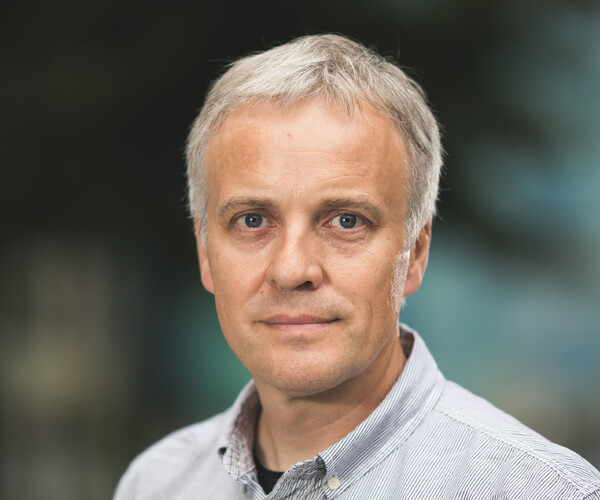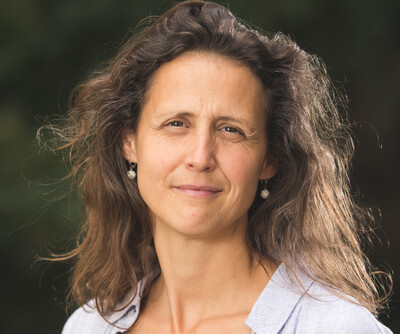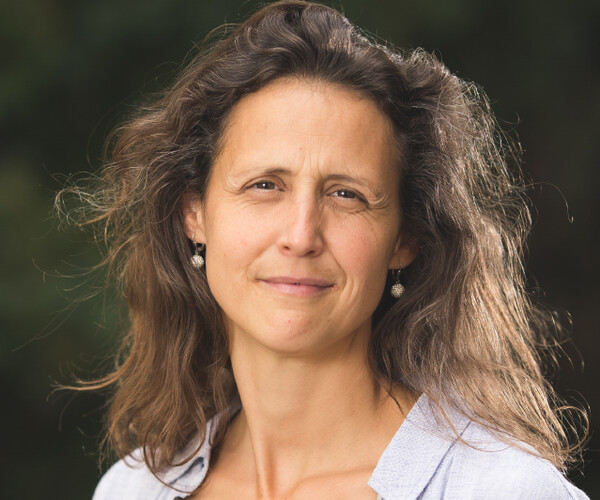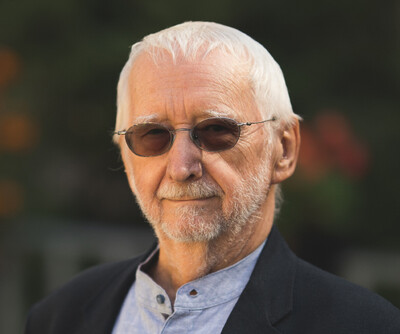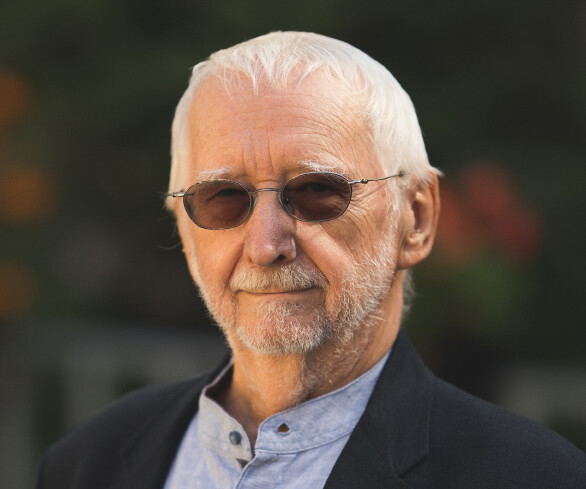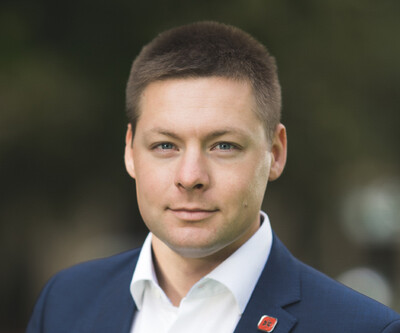
Filip Maleňák
creator of the Záchranka, the EMS app
Almost 10 per cent of people in the Czech Republic have it on their phones. Filip, how did the changes after 1989 result in the creation of Záchranka?
I was born only a year after the Velvet Revolution, but even so, I’m aware of the fundamental differences between society then and now. The Záchranka app was only founded because I was allowed to study freely in a professional field that didn’t exist before the Revolution. Free access to information from all over the world is the best change we could have in our personal and professional lives. And thanks to the free market, we’re able to get support from the Vodafone Foundation – without such help, the app wouldn’t be here.
Can using the Záchranka app help you pinpoint any trends showing how our society has evolved?
People in the Czech Republic are clearly embracing civil society. How else can you explain the incredible enthusiasm of Záchranka users, who are spreading awareness of first aid, and recommending the app to those around them? They’re actively helping make the work of ambulance staff easier through our app. After all, co-operation and concern for others is the cornerstone of a free democracy. We try to help people every day, and that's why we find our work fulfilling.

 The year 1989 brought us freedom. Freedom of opinion and expression. Freedom to act, to choose and the freedom to be an active part of our country’s community. After November 1989, everyone gained a new responsibility: the chance to change things.
The year 1989 brought us freedom. Freedom of opinion and expression. Freedom to act, to choose and the freedom to be an active part of our country’s community. After November 1989, everyone gained a new responsibility: the chance to change things. 
